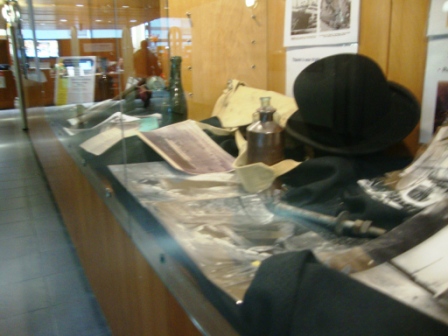LFH Overview
Program for Libraries
Lessons from History Program for Libraries
|
This is a series of presentations for community library programs and local small businesses. The presentations focus on critical problems faced by small businesses and non-profit organizations, and provide insights into potential solutions. What makes the program unique is it uses relevant historical case studies in an entertaining way, thus allowing the audience to pick up on a deeper understanding of the problems, and highlights how solutions can be found. These presentations are described below. |
|
Audience for LFH ProgramThe program delivers presentations to local community libraries with links to local city/town economic development departments or chamber, the latter serving the local small business community (see testimonials). |
 |
Available PresentationsThese are taken from the current catalog of LFH presentations but tailored for small business and non-profit. All are customizable to a local communities needs. We will work with you in modifying a presentation to meet your particular environment. To find out where and when upcoming presentations are running please check the upcoming events calendar (left hand side bar).
|
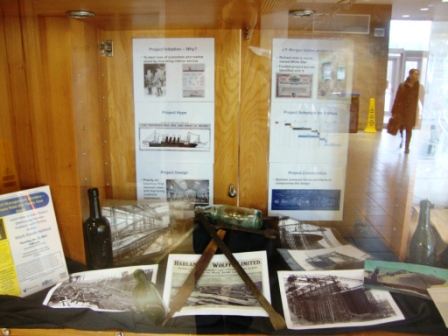 |
Recent EventThis was organized by the Whitchurch-Stouffville Public Library in partnership with the York Small Business Enterprise Centre and the Town of Whitchurch Stouffville - Economic Development. Libraries are natural partners in the local economy of a town and efforts for economic development. Small business entrepreneurs need good information not just about their markets, customers, industry, and competitors, but insights into problems and issues facing them, and the types of solutions available.
|
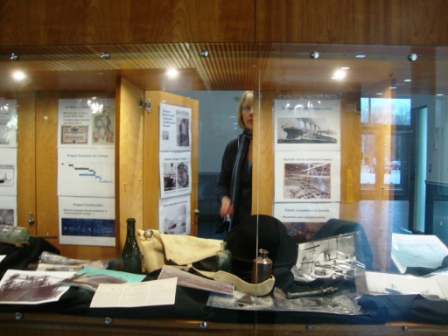 |
Promoting the EventThe event was promoted several months beforehand through several channels including posters, newspaper announcements, within the library, and an interview on local radio. Most libraries have a display case and to help promote the event a themed display was put together. Whitchurch-Stouffville Public Library has a large display case (3m by 1m) which lent itself well to a comprehensive display. |
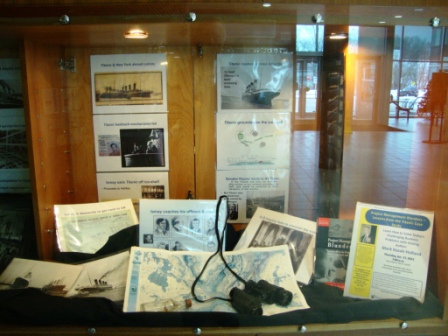 |
Radio InterviewThree weeks prior to the event a radio interview was recorded and broadcast live, and was made available as a podcast. The interview covered the background to the event with an emphasis on project management and how it could help small businesses. Listen to the interviews below.
|
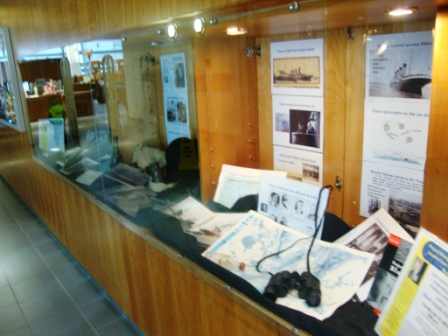 |
Display CaseThis consisted of three panels (1, 2, 3) and these followed the theme of the Titanic case study, following the timeline 1907 to 1913.
|
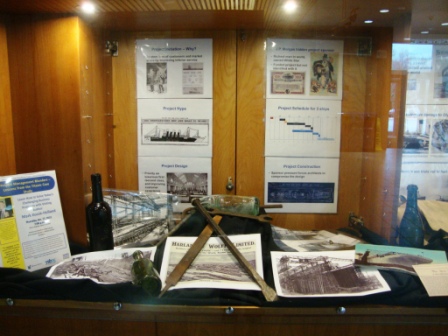 |
Managing Projects in the Face of Meddling StakeholdersThe 90 minute presentation set the backdrop for the use of project management in the business world, and its applicability to small business particularly in getting initiatives off the ground. Using project management helps not just in defining objectives but the costs, scope and timeframes. It also helps identify the complexity of an initiative and the risk. |
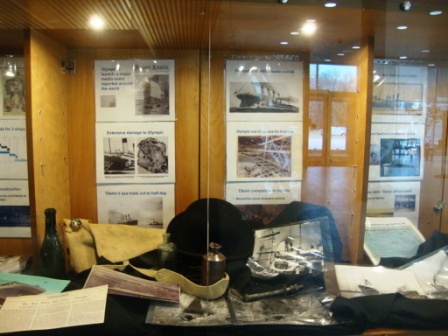 |
|
Through the Titanic case study the presentation explored how White Star under business pressure defined a transformational project to modernize its shipping fleet. The presentation highlighted the complex process of gathering requirements, and the difficulties in managing principal stakeholders through the requirements process, where they can unwittingly compromise the project. |
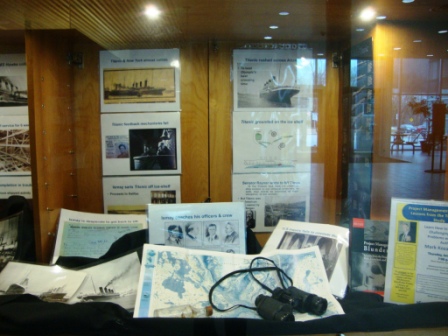 |
|
The presentation juxtaposed the Titanic case study and modern projects to show how compromises were made to this requirements process by naval architects. They were pursuing the sponsor's project mantra “to create the ultimate passenger (first class) experience.” This led to serious flaws in a supposedly "perfect ship," considered so safe that it did not even need a full complement of lifeboats.
|
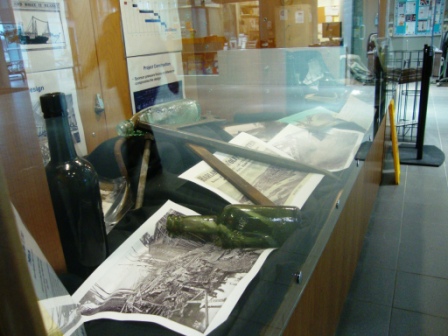 |
|
The presentation highlights the balance that needs to be achieved between the business and the technical sides of a project, and assessing the best practices and risks through each of the project stages.
|
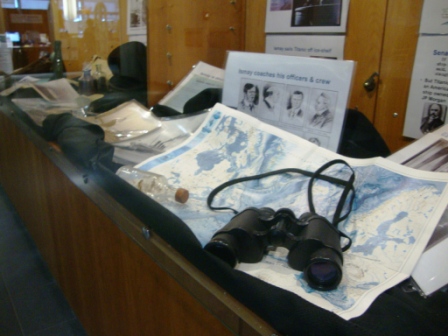 |
|
|
|

